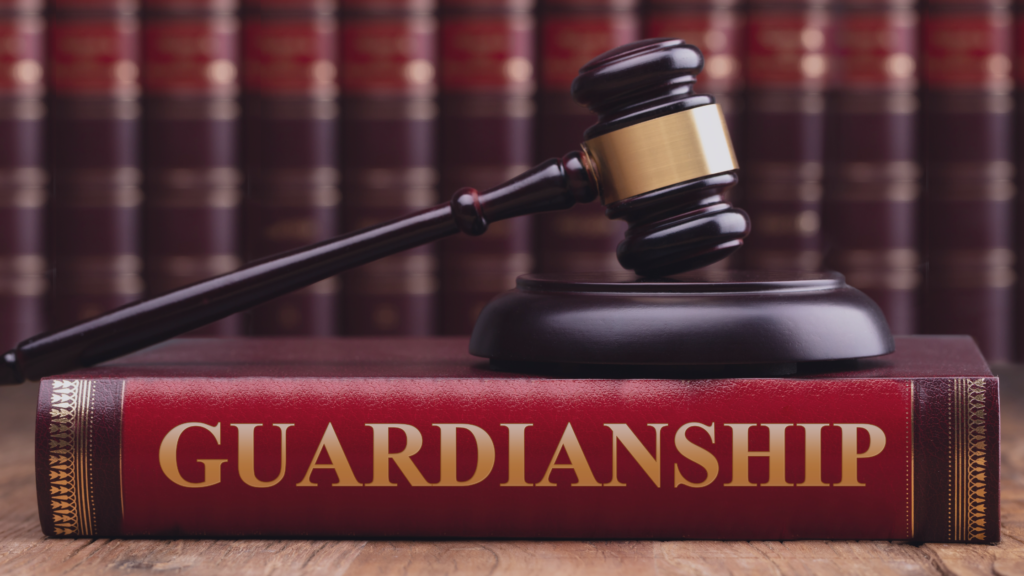I would like to provide an overview of guardianships and conservatorships for adults. There are also guardianships and conservatorships which are established for minors and individuals with developmental disabilities, however, they will not be addressed in this article. The purpose of this article is to provide information and a general understanding of how guardians and conservators for adults are appointed. If a client, however, has a Durable Financial Power of Attorney and a Healthcare Power of Attorney, these court proceedings can be avoided.
A guardian is a person appointed by the probate court authorized to make decisions about the care, custody and general welfare of another person. A petition must be filed with the probate court alleging a need for the appointment of a guardian. There will be a probate court hearing and the court will appoint a guardian if it determines that a person is a legally incapacitated individual. If a guardian is appointed, the guardian is then required to file a report with the probate court at least annually regarding the status of the individual.
A conservator is a person appointed by the probate court who is authorized to manage the financial affairs of another person. Conservators are appointed utilizing a similar process as set forth above for guardians. There must be a need for the conservatorship, i.e., the person is unable to manage his property and financial affairs effectively due to an impairment as set forth above. The second part of the analysis is the “risk factor”, i.e., the person has property that will be wasted or dissipated unless it is properly managed, or, money is needed for the support, care and welfare of the individual or his dependents. If a conservator is appointed, the conservator is required to file an inventory with the court of all the person’s assets, including the value. Thereafter, the conservator is required to file annual accountings including a detailed account of how the protected individual’s assets are being used.
It is important to discuss with clients whether they have both the Durable Financial Power of Attorney and Healthcare Power of Attorney as part of their estate plan to avoid this probate process.
Burgess and Sweeney Law, P.C. continue to advise clients on estate planning, elder law, Medicaid planning, probate and trust administration, guardianships and conservatorships, business law, and real estate. As a result of the constantly changing laws in these areas, the information provided may change. We would be pleased to discuss this, or any other issues, in more detail.





